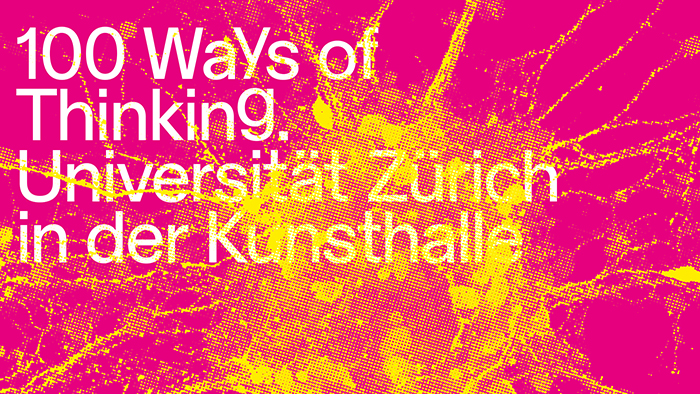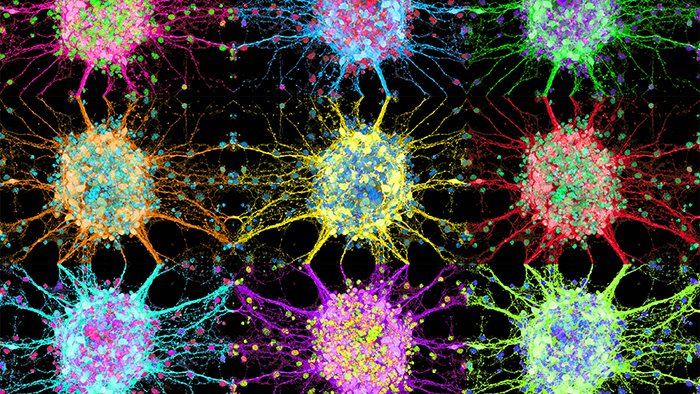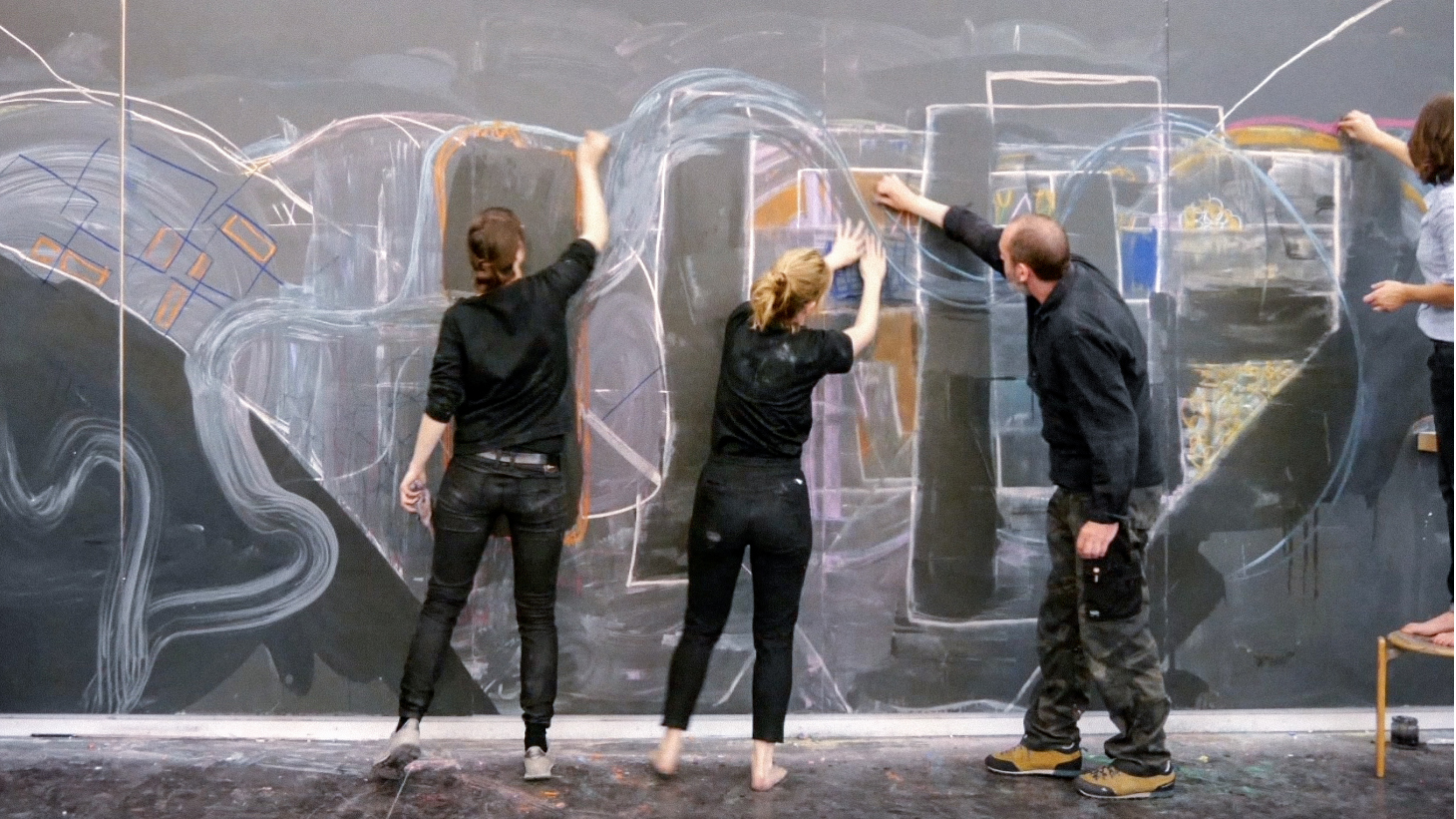The University of Zurich at the Kunsthalle

- The Kunsthalle turns into a makeshift university from 25 August to 4 November 2018 (Picture: UZH)
How does thinking actually work? Is making music a form of thinking? Why are computers unable to come up with jokes? Can the universe be represented by a picture, and what is science’s relationship to this picture?
These are some of the questions that will be explored in the science festival "100 Ways of Thinking", which the University of Zurich will put on in the Kunsthalle Zürich from 25 August to 4 November 2018. The exhibition, co-curated by the University of Zurich and the Kunsthalle Zürich, showcases 100 ways and forms of thinking while also featuring some 100 talks, performances, seminars, panels and concerts. For two months, the University of Zurich will show its research in this context and present itself in a different light – that of art, turning the Kunsthalle into a makeshift university.
Meeting place and laboratory in one
With its extremely varied program, "100 Ways of Thinking" is a science festival, meeting place and laboratory for research, art and teaching all in one. The exhibition puts the diversity of scientific fields center stage – from law to music and medicine, from economics to literary studies and psychology. The aim is to focus on how knowledge is transferred and why thinking cannot do without language and images. From there it’s a short step to the nature of art, and a number of questions soon arise about the roles of technology and esthetics in the production of scientific or artistic images: In what ways does a representation influence our understanding? Where does it clarify things? How does it manipulate us? Can measurements and analyses be reconciled with esthetics and intuition?

- Are the images of brain cells from the laboratory of brain researcher Sebastian Jessberger art? (Picture: UZH)
Among other things, "100 Ways of Thinking" shines a light on technical procedures. For example, procedures that give us deep insights into the cell structures of life, such as the ones used in the labs of UZH brain researchers Sebastian Jessberger and Fritjof Helmchen. Or the procedures that allow astrophysicists Joachim Stadel and Prasenjit Saha to gaze into the vast expanses of space. Or those used by immunologist Nicole Joller, who combines the measurements of millions of cells into a large diagram to identify the cells that have been affected by an infection.
Research and art, hand in hand
Scientific insight isn’t the sole purpose of imaging processes and visualizations, however. The work of artist Marie Voignier Hearing the shape of a drum, for example, reveals just how blind our image-obsessed society really is. The eye movements that neurologist Konrad Weber records with his specially developed camera become a Dadaist performance under the influence of artist Elisabeth Eberle. In the past six months, together with doctoral candidates of the University of Zurich and the Zurich University of the Arts, artist Artur Zmijewski has tried out various procedures for creating art from nothing in his seminar How to Teach Art; the results are now on show for the first time.
"100 Ways of Thinking" opens up a playground of ideas and sets the stage for discussion and debate. 250 experts will come to the Kunsthalle to share their knowledge with visitors. The science festival is an invitation to join in, take part and tread paths to places that we might not know.

- Artist Artur Zmijewski has tried out various procedures for creating art from nothing. (Picture: UZH)